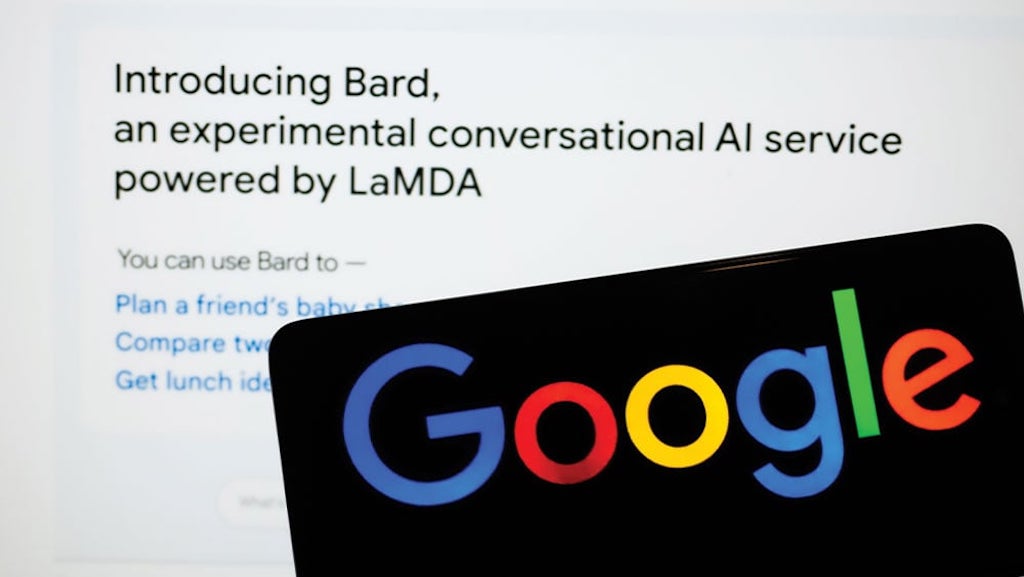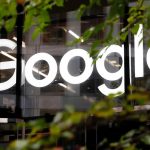Alphabet Inc. shares dropped more than 7% after the firm hosted an event to showcase its new AI chatbot, Bard, CNBC reported.
This announcement came exactly one day after a similar one made by Microsoft, which showcased the AI enhancements made to its own Bing search engine.
The company’s promotional film featuring a chatbot at the event was marred by inaccuracies.
The advertisement depicted a misleading depiction of the telescope that captured the first photographs of a planet outside our solar system.
After the mistake, Alphabet Inc. saw a drop in stock price and a loss of $100 billion in market worth.
Google’s upcoming rollout of Bard, an AI chatbot technology, is imminent.
According to a statement by Google and Alphabet’s CEO, Sundar Pichai, the system is powered by Google’s Language Model for Dialogue Applications (LaMDA) and is a conversational AI service that aims to combine the depth of the world’s knowledge with the speed, accuracy, and originality of our large language model.
Like ChatGPT, which can generate well-researched material in seconds, it apparently pulls information from the web to give new, high-quality replies.
Who or what is this new artificial intelligence programme that could be able to topple ChatGPT?
When Microsoft announced last year that it would spend US$1 billion into OpenAI, the firm behind ChatGPT, it was a major setback for Google, which had been increasing its investment in artificial intelligence development in light of this.
If Microsoft’s AI-powered Bing is successful, it is expected to significantly impact Google’s search business.
According to Search Engine Journal, a news site covering the search marketing industry, Google now holds a market share of over 86%. This bodes well for Google’s search company.
Bing, on the other hand, behind Google by a significant margin with a market share of just roughly 25.7%. When compared to competitors, Google has a lot of benefits, such as the seamlessness with which its services work together and the ecosystem it has developed.
Changing your browser or search engine won’t solve the problem. Google knows all of our login info, bookmarks, and files.
Google’s moat is that it has established a universe around the browser, and it would take some work for people to switch their preferred ecosystem, says Kabeer Chaudhary, general director of M&C Saatchi Performance in the Asia-Pacific region.
However, Chaudhary insists that Bing will be a serious competitor to Google. The precise figure would depend on how well Google’s Bard AI performs in compared to Open AI’s GPT3.
MARKETING Magazine is not responsible for the content of external sites.









